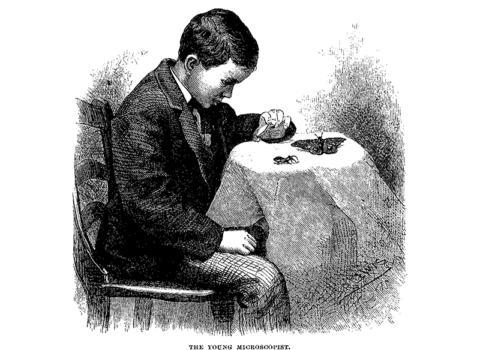A Different Kind of Politician
One of the greatest pleasures I take from journalism is surprise. Sometimes I begin to search for something seemingly obvious, and I come across an idea, a character, or an action that is completely different from what I expected. That’s exactly what happened to me the night of June 12 in Paris. NUPES, the left-wing alliance Jean-Luc Mélenchon cobbled together, had just caused a big shake-up in French politics that prevented President Emmanuel Macron from gaining a legislative majority.
While searching for a NUPES member who could explain how this unlikely coalition of communists, socialists, and environmentalists managed to succeed, I ended up in a brasserie in the 14th arrondissement, among supporters of Rodrigo Arenas, a National Assembly candidate for Paris’s 10th district. Surrounded by happy supporters, Arenas looked like a winner, despite the fact that his lead was not a guarantee that he would win in the second round of voting.
Arenas and his family were exiled from Chile when he was four years old, during the dictatorship of Augusto Pinochet. He is a communist by birth, his father having been a supporter of Marxist President Salvador Allende, who was assassinated in a coup in 1973. Once in France, the Arenas family moved to Champigny-sur-Marne, a stronghold of Georges Marchais, the longstanding secretary general of the French Communist Party (PCF). Thanks to public education, the Arenas family reestablished themselves as French-style intellectual activists—the father, Patricio, holds two master’s degrees, one in social engineering and the other in political economy. But Rodrigo’s politics evolved, and he left the PCF to join the environmental movement and a coalition of parents fighting for school reform. A father of four, Rodrigo was particularly sensitive to the COVID-19 crisis and to the resulting deterioration in relations between students and teachers, as well as between parents and the government. Today, he told me, the worst problem is inequality within an educational system that is supposed to be free and nondiscriminatory. For a start, teachers in private schools are paid by the government with tax money, even though many taxpayers do not have the resources to cover private-school fees. What’s more, “you have to add your credit card” to the equation when deciding to send your child even to a state school. “If the teacher quits in the middle of the school year and isn’t immediately replaced [which is increasingly common due to a current teacher shortage] who’s going to help the child pass their exams? You have to hire a private tutor.”
That’s when I realized I was talking to a different kind of politician. Arenas was running for the National Assembly for the first time, and his fresh perspective stood in stark contrast to the jaded attitude of the average candidate. He quickly changed the subject to talk about capitalism and the environment, key political ground in Mélenchon’s grand scheme. (Arenas calls the leader of NUPES “Yoda” with a certain amount of ironic admiration.) And then he surprised me by saying, “There are plenty of [environmentally correct] people who think it’s cool to drive through Paris in an electric vehicle. What’s not so cool are the children who work in the lithium mines in Chile.” I was completely unaware of the existence of child lithium miners in Chile, or of the children who work in the Congolese cobalt mines, another essential component in the lithium batteries that power those ultra-cool Teslas. Chile is the world’s second-largest producer of lithium, and the country’s mining industry has a shameful tradition of exploiting children. How many children have been made to extract lithium, a water-intensive process that pollutes the communities adjacent to the mines? I wasn’t able to find figures on child miners in Chile—the U.S. government estimates that 4 percent of Chilean children between the ages of five and fourteen work in the mines—but experts at the Department of Labor in Washington note that Chile has not conducted any studies on child labor since 2012, before lithium extraction became prevalent in the country. They provide a more general description of the practice of forced labor of children in various sectors, including the mines. Yet Tesla CEO Elon Musk, the darling of Wall Street and many American greens, is not going to be the one to shed light on Chile’s lithium mines, or on the Congolese cobalt mines, where the exploitation of children as young as six years old has been well documented. As Arenas told me, “when something is cheap, someone somewhere is paying for it.”
On June 19, Rodrigo Arenas was elected in the second round of France’s legislative elections. He will represent the LFI and NUPES on the Cultural and Education Affairs Committee. I’m glad because I learned from him that “saving the planet” is a lot more complicated than simply buying an electric car.



